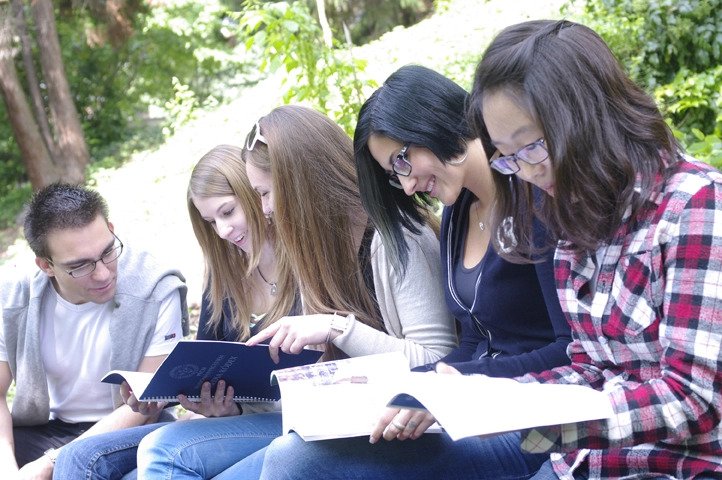PotePillars
is a strategic programme that adapts to challenges with its open systems and dynamic programmes. It can do so since it is built on our values and credo.
Our School is a citadel of education, research, and health care. We are building a special School with special people. Teachers, healing professionals, students, administrative staff are our partners in this. We are doing this in order to meet our social mission, namely, to fulfil the high, internationally recognized standards of medical education and to provide research with innovative thinkers. The principles of “Learning, Healing & Development” guide us in the changing socio-economic conditions of the 21st century, building on the resources of our community, which is creativity, innovation, and commitment.
Principles of implementation
- The involvement and attraction of faculty communities is the most important for implementation
- PotePillars is an all-encompassing, years-long strategy in the life of the faculty – a “MotherBrand”.
- We pay extra attention to marketing and continuous communication towards the public opinion of the faculty and outsiders.

Who do we want to involve?
Every student, educator and employee of the Medical School.
What do we want?
- The formation of a new, shared, modern, successful and attainable view of the future.
- Commitment and responsibility in every dimension of our activities.
- Improvement of our competitiveness, successful marketing.
- Development of faculty community.
What are we building on?
- The values and achievements of the past years
- The marked intention of the Dean’s leadership and the support of implementation
- The demand for growth and development in faculty citizens
- The commitment, openness and eagerness of educators, students and administrative workers
- The community building force of common thinking and action
- Convincing and organising power of inspiring and realistic goals
- The methodology used during implementation (by developing structures)

Goals of the
Learning Culture concept
- developing the complex, personalised learning culture at the faculty
- change of paradigms: switching from teaching culture to learning culture
- creating commitment via ensuring that every faculty member continuously “learns” from each other, promoting development
- support of new learning methodologies, providing students, educators and administrative workers with the opportunity to try these models
